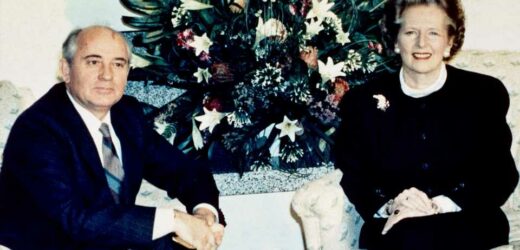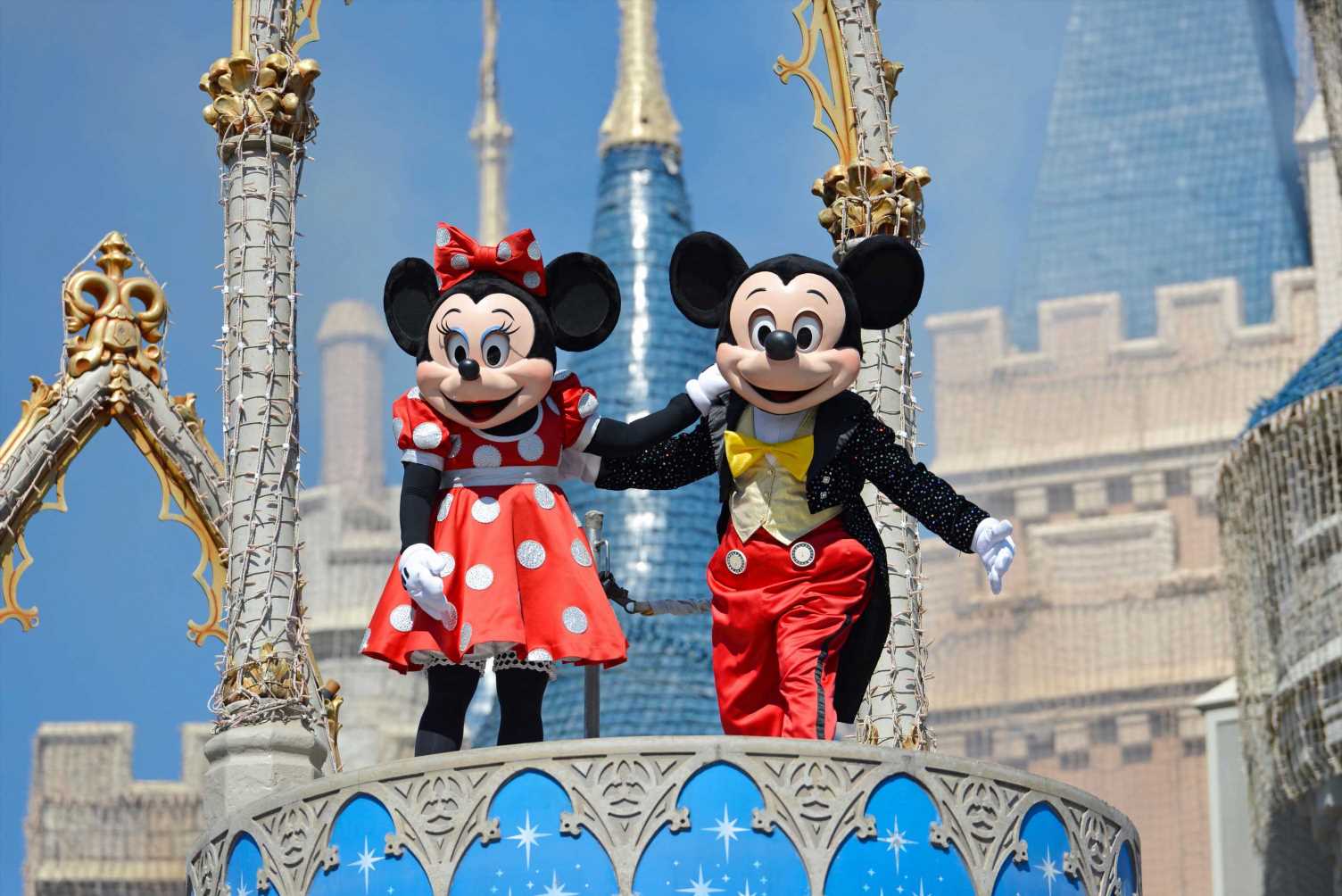SMILING, youthful Mikhail Gorbachev was a breath of fresh air when he burst upon a startled world after decades of the Kremlin’s “living dead”.
This was a bleak period when hard-faced Communist Party geriatrics were dying in droves. Tyrant Leonid Brezhnev popped his clogs in 1982, Yuri Andropov in 1984 and Konstantin Chernenko the next year.
I had a privileged seat among the mourners, with Margaret Thatcher’s Prime Ministerial VC-10 seemingly on constant standby for yet another Russian state funeral.
These were the days when the KGB bugged our phones, willowy blondes toured hotel foyers in pursuit of “kompromat” and scowling babushkas guarded the corridors.
American dollars were like gold dust on the currency black market, and citizens would fight for a pair of Western jeans or a jar of coffee.
Suddenly everything changed and the Parliamentary press lobby were there to witness the Gorbachev phenomenon close up, as he took the helm, changing the world both in rusting, bankrupt Russia and on the world stage.
Read more on Mikhail Gorbachev
Gorbachev melted Cold War but died despairing at Putin’s invasion of Ukraine
Vengeful Putin set to deny peacemaker Gorbachev honour of state funeral
We witnessed the era of “glasnost” — Gorbachev’s high-risk policy of openness and free speech that lifted the Iron Curtain on the closed Soviet Union.
The transformation was so abrupt that many seasoned statesmen in the West treated the jolly new leader with suspicion.
Was Gorbachev too good to be true? And what about his glamorous, outspoken wife, Raisa?
What had changed in the “Evil Empire”, which had only a few years earlier brought the world within four minutes of nuclear Armageddon?
Most read in The Sun
More than 1.1million Brits to get first Cost of Living payment from this week
Katie Price's £1.4m Mucky Mansion is surrounded by rubbish as pool goes mouldy
Towie star QUITS latest series – saying she ‘doesn’t like the drama’
I’m a speed camera officer… here are THREE myths drivers always get wrong
It took ferocious anti-Communist Thatcher to break the ice and become the first Western leader to offer unflinching support.
“He is a man I can do business with,” she announced — a colossal endorsement from the woman dubbed the Iron Lady by Russia.
The relationship between Thatcher and Gorbachev blossomed into something of a political romance.
And it developed into a global political ménage as US President Ronald Reagan threw the weight of the White House behind Gorbachev.
Gorby became an iconic figure in the West, starring in Spitting Image as the puppet with a hammer and sickle birthmark on his bald head.
Reagan was initially cautious. But suspicions thawed at a series of East-West summits in Washington, Moscow and, sensationally, in Reykjavik, Iceland, when Thatcher stepped in and prevented Reagan from scrapping all of America’s nukes.
Both Reagan and Gorbachev were determined to slash the world’s entire nuclear weapons arsenal. But was it a clever Russian ruse to weaken the West?
At the 1988 summit in Moscow, the two superpower leaders signed the Anti-Ballistic Missile Treaty and the first Strategic Arms Limitation Treaty.
Peace was bringing business to a Russia newly opened to the capitalist West.
Suddenly everything changed and the Parliamentary press lobby were there to witness the Gorbachev phenomenon close up, as he took the helm, changing the world both in rusting, bankrupt Russia and on the world stage.
Thatcher paid tribute by flying in for the opening of the country’s first McDonald’s.
It might have been the first and only time Mrs T enjoyed a quarter pounder with fries.
Tragically, the new age of openness could not last. After seven decades of repression, corruption and authoritarian control, it was impossible to liberalise the vast, creaking Soviet economy overnight.
As Gorbachev said: “I loosened a few screws and it all fell apart.”
He was seized and held in secret over a weekend before being released, never to hold real power again.
The economy collapsed, leaving millions of Russians destitute. Families had to barter precious possessions, including headstones of the recently dead, in return for food.
As Russia suffered, a flinty-eyed KGB officer in St Petersburg was watching with increasing anger.
Vladimir Putin blamed Gorbachev for destroying the historic Rus, the empire of the Tsars, and for driving Poland, Hungary and the Baltic states out of the Soviet embrace.
Read More on The Sun
I’m a parenting pro, how to get your toddler to listen first time
Mysterious black circle on back of your iPhone has THREE amazing secrets
Within 20 years he had seized control and embarked on a crusade to rebuild the USSR in all but name, starting with Ukraine.
For ailing Gorbachev, the invasion of his mother’s homeland was the final evidence of failure — proof that the road to hell is paved with good intentions.
Source: Read Full Article












